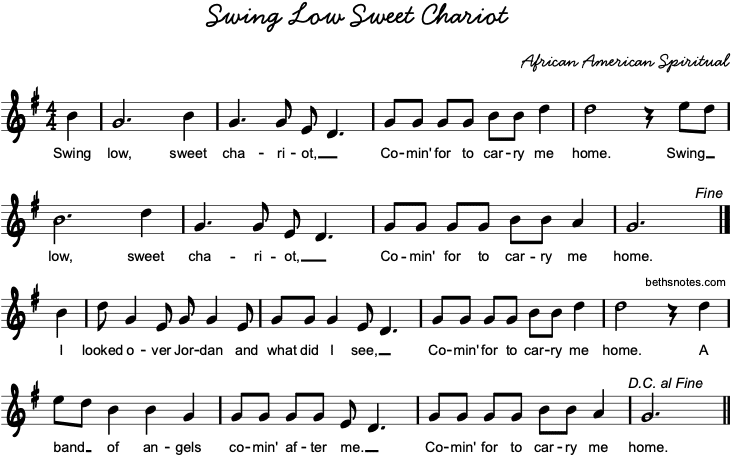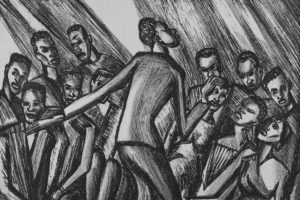
By Briaja Gilbert & Autumn Fisher
About Negro Spirituals
A spiritual is a type of religious folksong that is most closely associated with the enslavement of African people in the American South. The songs proliferated in the last few decades of the eighteenth century leading up to the abolishment of legalized slavery in the 1860s. The African American spiritual (also called the Negro Spiritual) constitutes one of the largest and most significant forms of American folksong.
The term “spiritual” is derived from the King James Bible translation of Ephesians 5:19: “Speaking to yourselves in psalms and hymns and spiritual songs, singing and making melody in your heart to the Lord.” The form has its roots in the informal gatherings of African slaves in “praise houses” and outdoor meetings called “brush arbor meetings,” “bush meetings,” or “camp meetings” in the eighteenth century. At the meetings, participants would sing, chant, dance and sometimes enter ecstatic trances. Spirituals also stem from the “ring shout,” a shuffling circular dance to chanting and handclapping that was common among early plantation slaves
Noted Composers of The Negro Spiritual
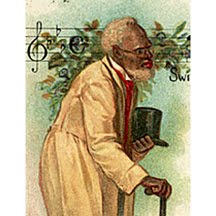
Wallis Willis
Wallace Willis was a Choctaw freedman living in the Indian Territory, in what is now Choctaw County, near the city of Hugo, Oklahoma
Songs Composed:
Swing low, sweet chariot, Steal away to Jesus(regarded as codified protest songs)

Roland Carter
An internationally renowned composer, arranger, conductor, pianist, former UTC professor, he conducted the first concert of the African American Music Series at Carnegie Hall. He is the founder and CEO of MAR-VEL, a publishing company specializing in African American musical traditions.
Songs Composed:
Sweetest Sound I ever heard, Lift every voice and sing, Steal away
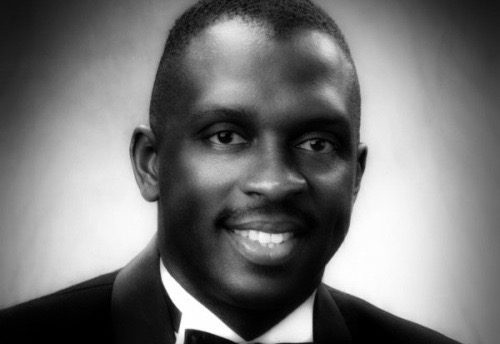
Moses Hogan
American composer and arranger of choral music. He is known for single-handedly introducing spirituals into the standard choral repertoire. Over his lifetime, he published 88 arrangements for voice, eight of which were solo pieces.
Songs Composed:
Deep river, There is a Balm in Gilead

Jester Hairston
American composer, songwriter, arranger, choral conductor, and actor. He was regarded as a leading expert on Negro Black spirituals and choral music.
Songs Composed:
Amen, The Mourners’ Bench, The slaves and religion

Brazeal Dennard
American singer, educator, Choral director, and musical arranger. He has been a significant contributor in the preservation and revitalization of the spiritual musical form.
Songs Composed:
Hush! Somebody’s calling my name, Fare Ye Well

Wendell Whalum
A renowned gospel musician, educator, and minister. He achieved international recognition as a teacher, organist, conductor, musicologist, arranger, composer, author, and lecturer.
Songs Composed:
We shall overcome, Sweet Jesus, Betelehemu
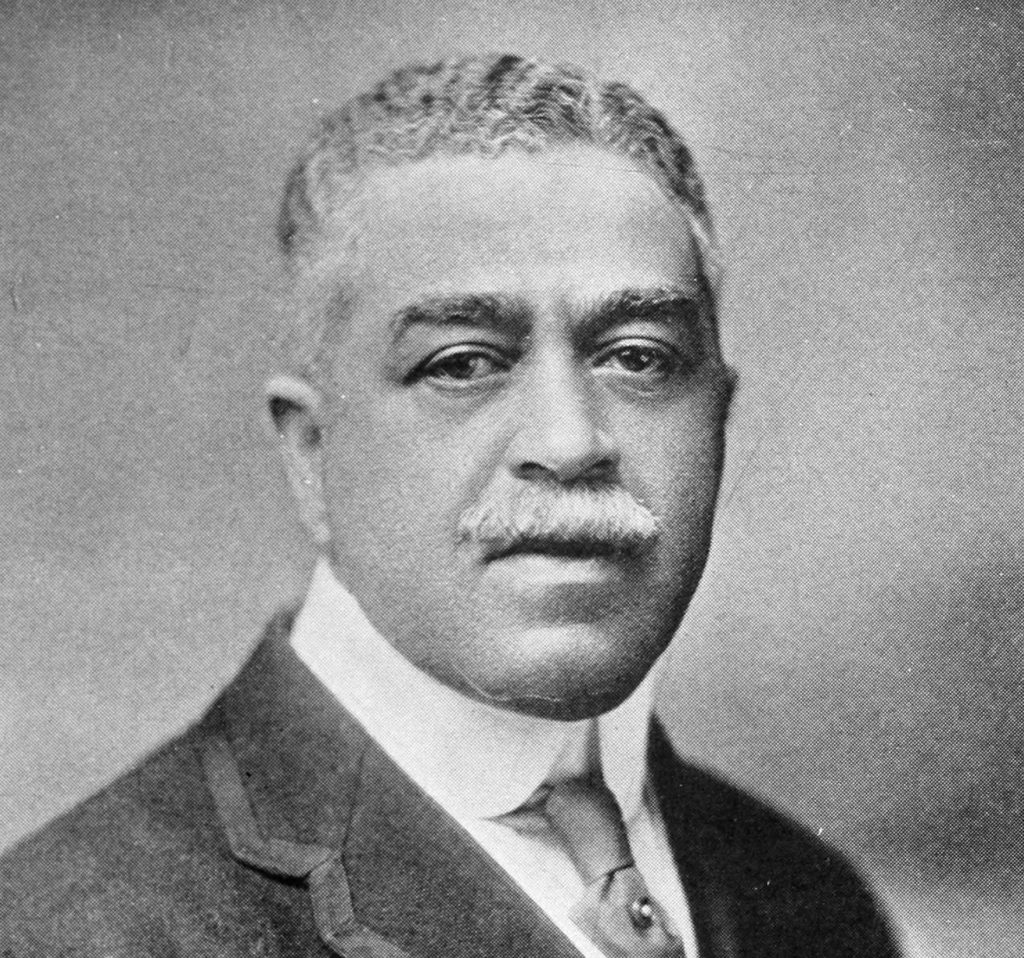
American composer, songwriter, arranger, choral conductor, and actor. He was regarded as a leading expert on Negro Black spirituals and choral music.
Songs Composed:
Go Down Moses, From The SouthLand
Noted Singers of The Negro Spiritual
Jubilee Singers
In the 1870s, the Jubilee Singers, a chorus consisting of former slaves from Fisk University in Nashville, Tennessee, ignited a broader interest in the musical form of spirituals. The original nine-member student chorus consisted of four black men (Isaac Dickerson, Ben Holmes, Greene Evans, Thomas Rutling) and five black women (Ella Sheppard, Maggie Porter, Minnie Tate, Jennie Jackson, Eliza Walker). The group toured in the United States and Europe. Their concerts included performances of spirituals that were received well from the audiences. Some African Americans at the time associated the spiritual tradition with slavery and were not enthusiastic about encouraging the topic, the Fisk University singers persuaded many that it should be continued. Artists around the country started to imitate the Jubilee singers. The chorus gave life to the concert tradition of performing this music that has remained strong to this day.
Marian Anderson
Between the 1920s and 1930s, singers like Marian Anderson were noted for promoting spirituals. As an opera singer in demand for solo concerts as well as operas, Anderson regularly integrated traditional spirituals into her performances. She wished to draw greater awareness to the art and talent of African Americans. In addition to classical opera, she sang African American spirituals that were arranged for orchestra or for voice and piano by African American composers such as Harry T. Burleigh, among others. The first songs she recorded in 1924 were not songs from operas, but arranged spirituals.
Modern Spirituals

